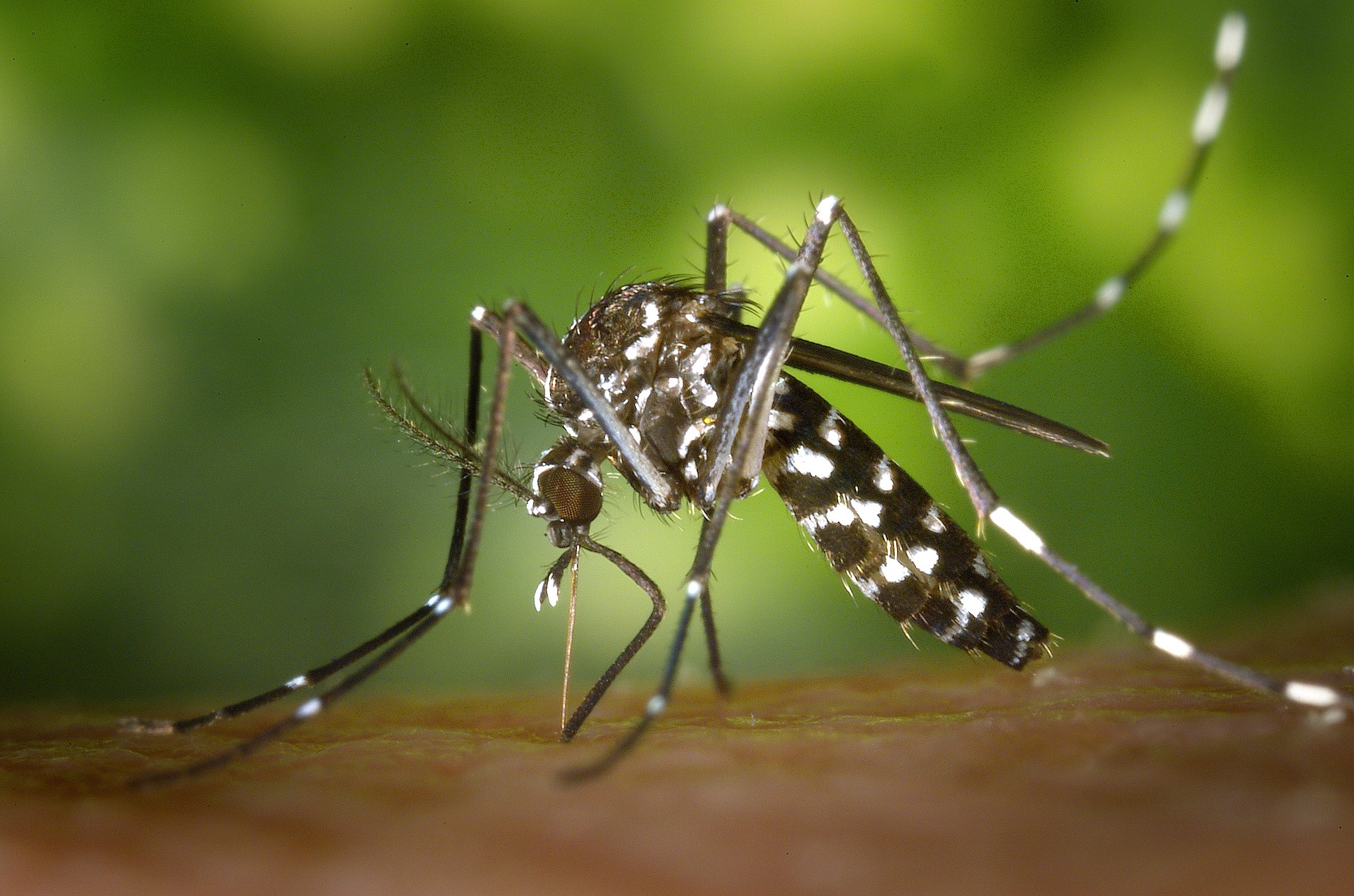Fraunhofer IZI contributes expertise to Germany's largest collaborative project on mosquito research
The interdisciplinary joint project CuliFo combines field and laboratory research on mosquitoes, Latin Culicidae, in Germany. Climatic changes increase the risk that exotic mosquitoes occur in our latitudes.

Within the scope of the project, it will be clarified which mosquito species live in Germany, which viruses can be detected in them and which abilities mosquitoes have to transmit so-called arboviruses to humans. Arboviruses include, for example, the West Nile virus (WNV), the dengue virus (types 1-4) and the Chikungunya virus.
As an associated partner, the Fraunhofer IZI contributes its expertise in the development of specific serological tests to the joint project. The research network, led by the Bernhard Nocht Institute for Tropical Medicine and the Friedrich-Loeffler-Institut (FLI), Federal Research Institute for Animal Health, will thus investigate the spread of arboviruses within different animal populations in Germany.
